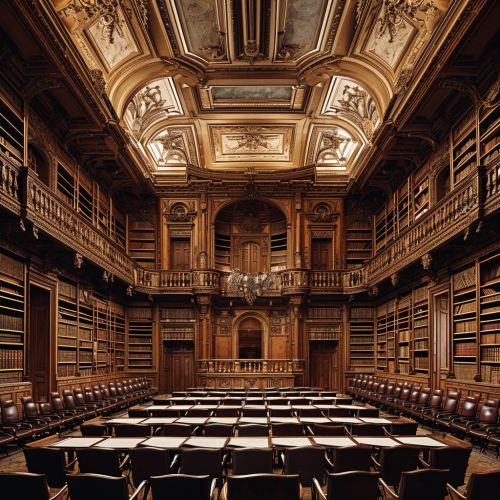Learned society
Overview
A learned society is a membership organization that exists to promote an academic discipline, profession, or a group of related disciplines. Membership may be open to all, may require possession of some qualification, or may be an honor conferred by election.
History
The oldest learned society is the Academy of Sciences Leopoldina, founded in 1652. The Royal Society of London, founded in 1660, was the first society in the British Isles to understand itself as a learned society, in the contemporary sense of that term.
Functions
The functions of a learned society can broadly be divided into three categories: representation, dissemination, and recognition.
Representation
A learned society represents its members and, more broadly, its discipline. The society will speak on behalf of its members on matters that affect them. This can include matters as wide-ranging as government policy, funding, and public perception.
Dissemination
A learned society will often create and disseminate a body of knowledge associated with its discipline. This can take the form of academic journals, conferences, and other meetings. Some societies also offer professional certification.
Recognition
Many learned societies have a role in recognizing and promoting excellence in their field. This may be through the election of members as fellows of the society, the awarding of prizes, or other forms of recognition.
Structure
Learned societies are typically governed by a board of directors or a council, which is elected by the society's members. The society may also have various committees that deal with specific areas of interest or concern within the discipline.
Membership
Membership in a learned society is typically open to individuals who have an interest in the society's discipline. In some societies, membership may be restricted to individuals who have made significant contributions to the discipline or who have a certain level of professional experience.
Impact
Learned societies play a crucial role in the academic world. They help to uphold the standards and integrity of their discipline, provide a forum for the exchange of ideas and research findings, and can influence policy and practice in their field.
See Also


